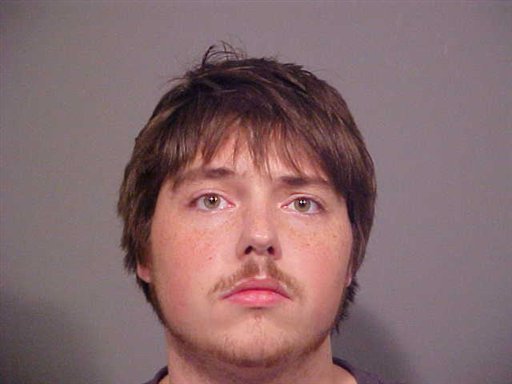Did alleged Weston shooter know what he was saying?:
Eric Hainstock’s defense is trying to say that he was not made aware of his rights before giving a statement to police. He basically confessed to killing Principal John Klang while in custody.
Lohr said before asking any questions, he read with Hainstock a card advising him of three constitutional rights, including his right to remain silent and his right to an attorney. Hainstock initialed each of the points and said he could not afford an attorney, he said.
Barrett told the court Hainstock began stating his Miranda rights even before the officer went over the card with him.
“I have the right to remain silent,” she quoted him. “Anything I say can be used against me.”
In defense arguments, Ricciardi pointed out that investigators knew Hainstock was a year behind in school and has learning disabilities and attention deficit hyperactivity disorder. Legal precedents have established that law officers interrogating a juvenile have a responsibility to have the child repeat their understanding of their rights back to the officer, and Lohr failed to do that, she said.
Despite the fact he said he didn’t have the money for an attorney, the investigators did not explain to him how he could have one represent him, Ricciardi said.
Ricciardi said Feagles’ role in giving the Miranda warning was rushing Hainstock through signing it without giving him time to think.
“Now you’ve agreed to talk to us, let’s talk,” she characterized Feagles’ words that morning.
In her final arguments, Barrett said suppression of a defendant’s statement is only appropriate when there is evidence of coercion by police. That did not happen when Hainstock was interviewed by Lohr and Feagles, she said.
“I don’t think the court will find any improper police pressure or tactics,” Barrett said.
But Hainstock was an immature and troubled boy in a situation he was not equipped to handle, Ricciardi said.
“You have two adult detectives in this room with a very young boy,” she said. “This kid has his rights rammed down his throat with no effort to determine if he understood them.”
If he’s watched enough to TV to know how the Miranda rights are read, I’m sure he’s watched enough to know when it’s time to ‘lawyer up’. The defense team is making this kid out to be a drooling helmet wearing window licker riding the short bus.
Hainstock is obviously not as stupid as they’re making him out to be. After all, he was able to obtain two guns and, unfortunately, use one of them correctly.







